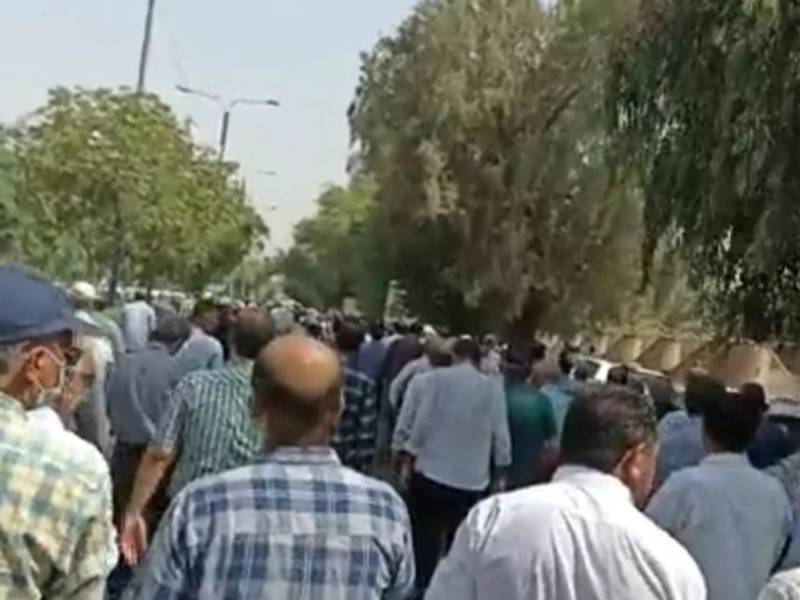In a move met with widespread public opposition, the Iranian government has officially endorsed a bill to raise the retirement age.
Hadi Tahan Nazif, spokesperson for the Guardian Council, which gives final approval to all legislation, defended the decision on Sunday, asserting that the resolution aligns with both Sharia and the constitution.
The announcement follows admissions from some parliament members who claimed to have mistakenly voted in favor of the contentious bill. Lawmakers are possibly concerned about the bill's repercussions weeks before parliamentary election on March 1.
Islamic labor unions in Iran had earlier called for the repeal of the new law, which not only raises the retirement age but also extends the required years of service for a full pension. The legislation, passed by lawmakers in November, raises the retirement age for men by two years, reaching 62 after 42 years of work and social security tax contributions. However, the retirement age for women remains unchanged at 55.
The recent legal changes also include an extension of the employment duration required to qualify for a full pension. New entrants into the workforce are now obligated to work for over 42 years, while existing employees will face incremental increases in their mandatory work years. For instance, an individual entering the workforce at the age of 30 will now have to work until the age of 72 to enjoy a full pension.
Against a backdrop of economic hardship and a staggering 50-percent annual inflation rate, opposition to the law extends beyond labor unions. The general public perceives the government's decision as yet another tactic to burden ordinary Iranians, forcing them to bear the consequences of perceived inefficiency and corruption within the system.

